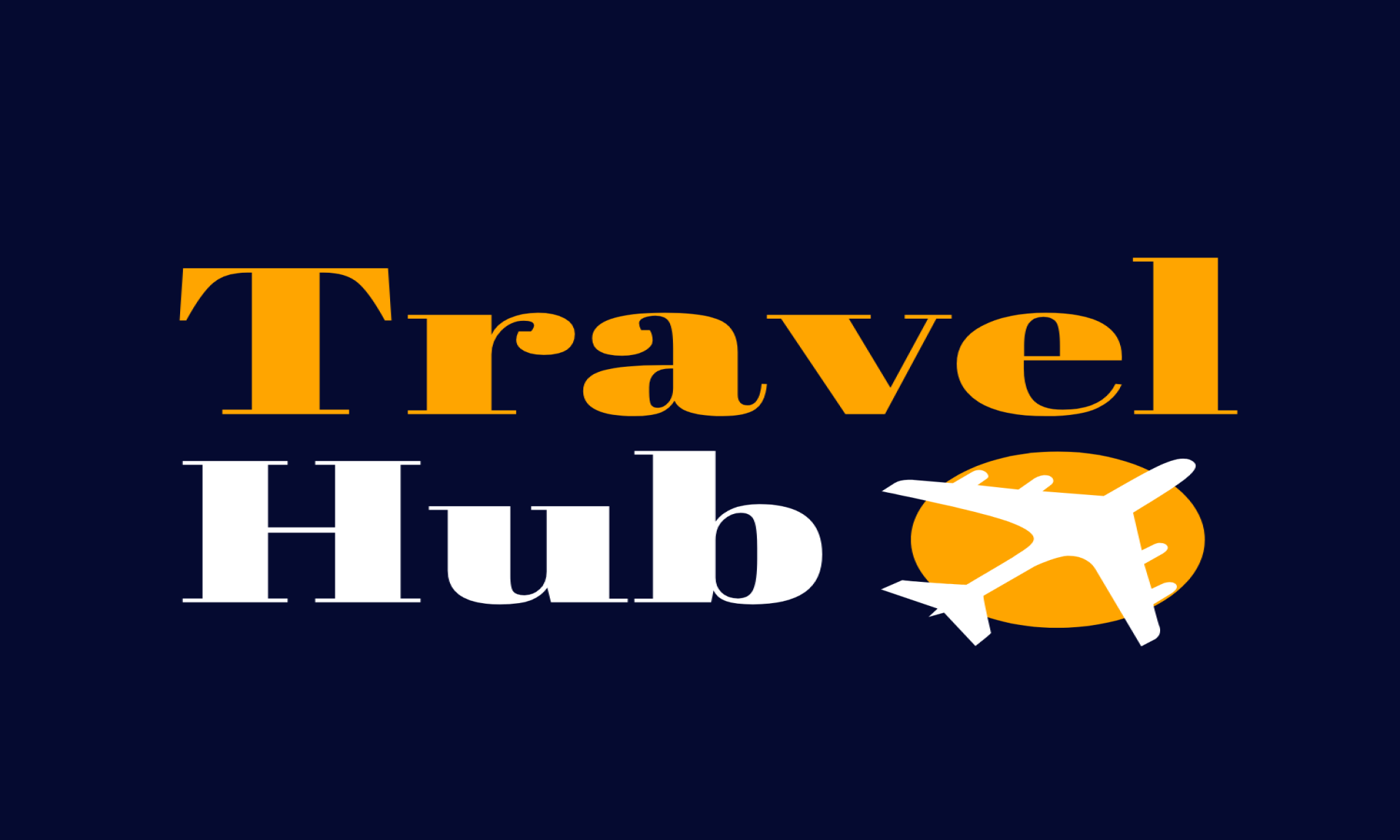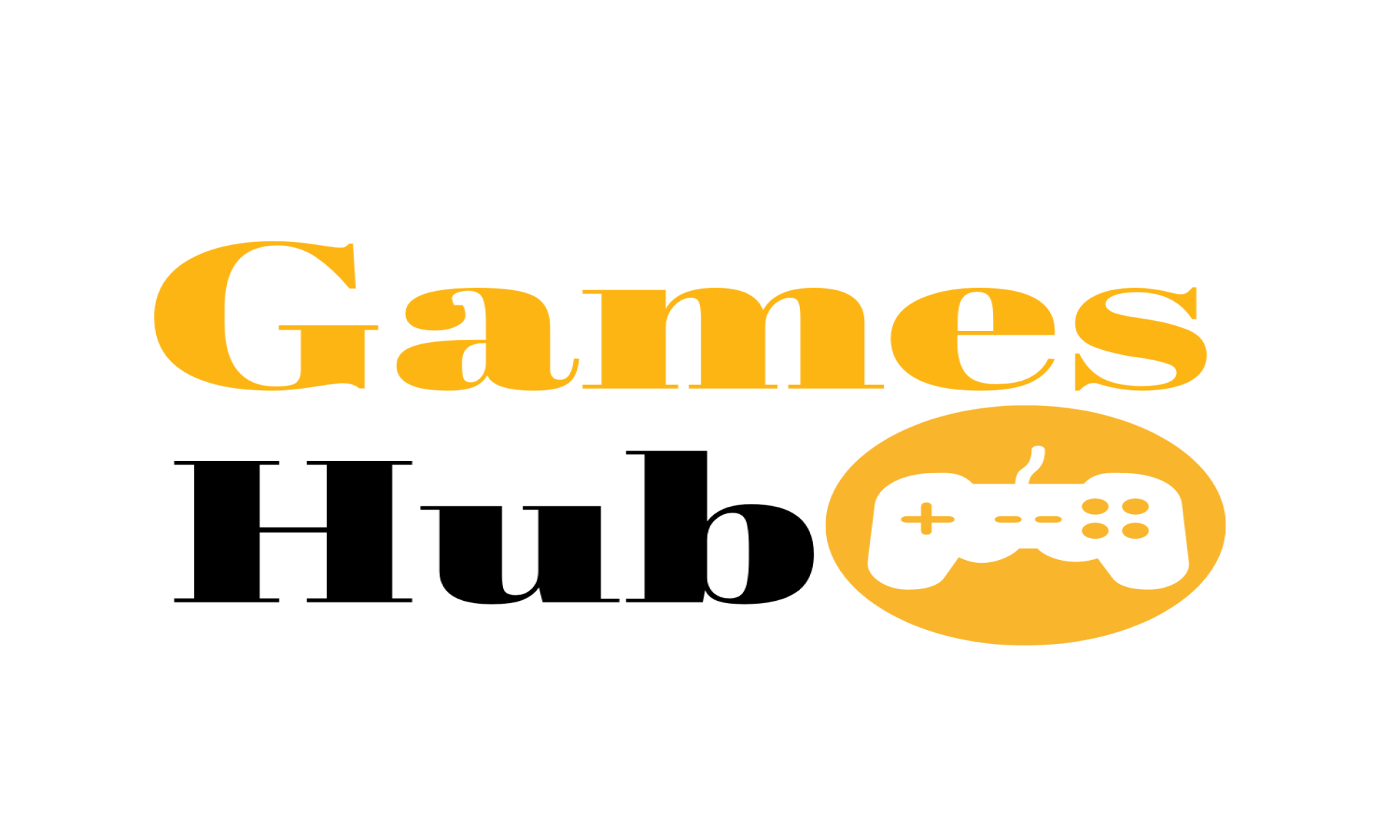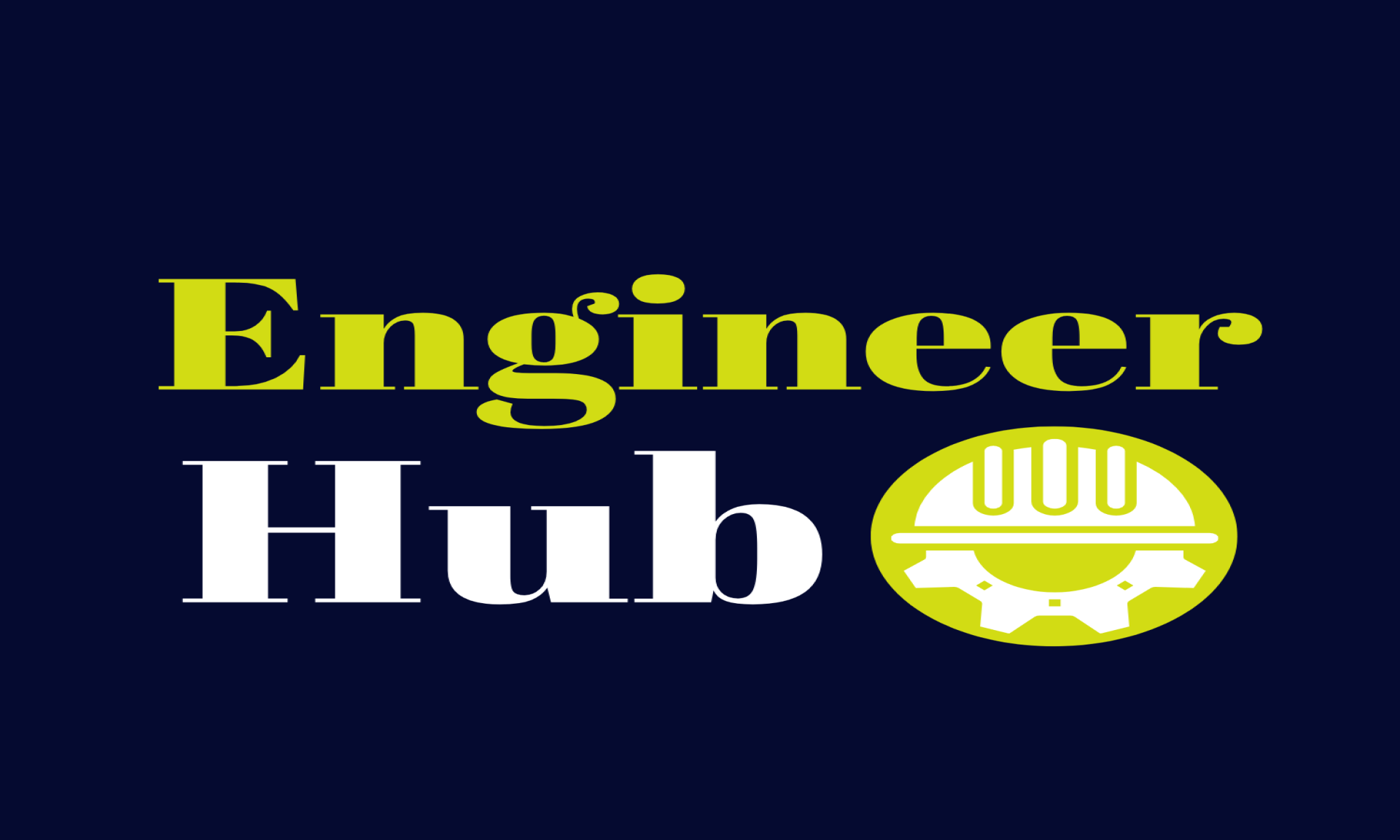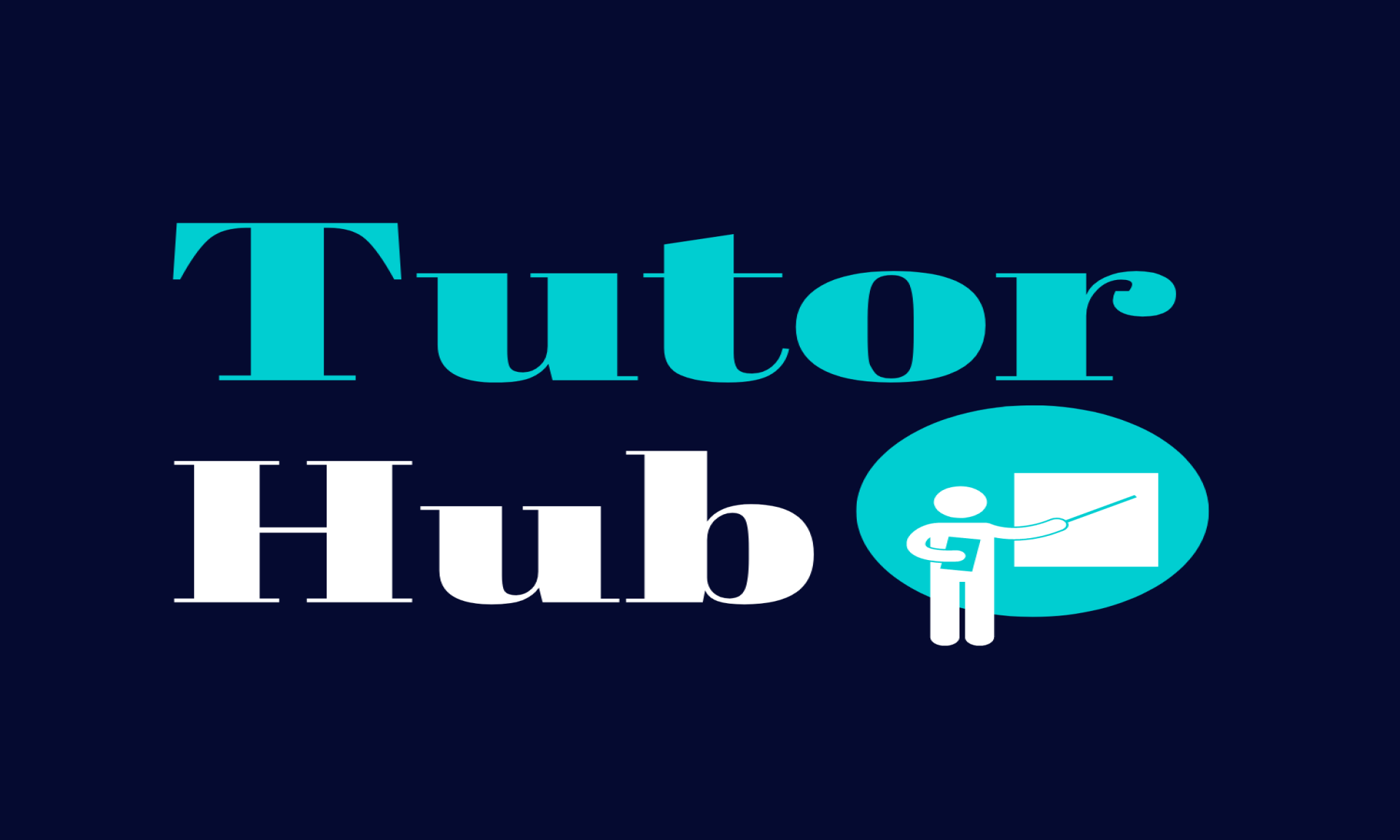{{ obj.review }}
Rs20000 - Rs300000 (Invest Range)

Description
Target Market:
- Primary Market: Leisure travelers aged 25-60 with disposable income.
- Secondary Market: Corporate clients for business travel services.
Competitor Analysis:
- Identify and analyze key competitors in your chosen market.
Services Offered:
- Customized Tours: Tailored itineraries based on client preferences.
- Group Tours: Pre-planned packages for groups with shared interests.
- Corporate Travel: Business trip planning, accommodation, and transportation.
- Specialized Tours: Themed experiences (adventure, culinary, cultural, etc.).
Marketing Strategy:
- Branding and Positioning: Develop a strong brand identity that reflects Travel Hub's values and unique selling points.
- Website and App Development: Create user-friendly platforms for booking, itinerary planning, and customer support.
- Social Media Marketing: Utilize platforms like Instagram, Facebook, and Twitter to showcase destinations, share travel tips, and engage with the community.
- Content Marketing: Regularly publish blogs, articles, and videos related to travel on your website and social media channels.
- Email Marketing: Build a subscriber list for newsletters, special offers, and updates.
Financial Projections:
Startup Costs:
- Office space, furnishings, and equipment.
- Website and app development.
- Marketing and advertising expenses.
- Initial inventory and resources.
Revenue Streams:
- Tour packages and customized itineraries.
- Corporate travel services.
- Commissions from partner hotels, airlines, and activity providers.
Projected Expenses:
- Employee salaries and benefits.
- Marketing and advertising costs.
- Office overheads.
- Technology and software expenses.
Break-Even Analysis:
- Determine when Travel Hub is expected to cover its costs and begin generating profit.
Funding Requirements:
- Specify the amount of funding needed to cover startup costs and initial operating expenses.
- Break down how the funds will be allocated (e.g., development, marketing, office setup, etc.).
Return on Investment (ROI):
- Offer investors a 30% ROI within the first 6 months as per your proposal.
Roadmap:
Phase 1: Pre-Launch (Months 1-3)
- Market Research: Finalize target demographics and analyze competitors.
- Legal and Financial Setup: Register the company, obtain necessary licenses, and set up accounting systems.
- Website and App Development: Begin the development of the Travel Hub platform.
- Office Setup: Lease office space, purchase furnishings, and set up necessary infrastructure.
- Hire Initial Team: Recruit key personnel (e.g., sales, customer service, marketing).
Phase 2: Launch (Months 4-6)
- Launch Website and App: Make the platforms live for bookings and inquiries.
- Begin Marketing Campaigns: Initiate social media, content marketing, and email campaigns.
- Establish Partnerships: Collaborate with hotels, airlines, and activity providers.
- Offer Promotions: Attract early customers with special launch offers.
Phase 3: Growth (Months 7-12)
- Expand Service Offerings: Introduce specialized tours and experiences.
- Customer Feedback and Improvements: Gather feedback and make necessary adjustments.
- Corporate Client Acquisition: Focus on acquiring corporate clients for business travel services.
- Evaluate ROI and Financials: Assess the performance against initial projections.
Phase 4: Scaling (Year 2 and Beyond)
- Scale Marketing Efforts: Increase marketing budgets for wider reach.
- Geographic Expansion: Consider expanding to new regions or countries.
- Enhance Technology: Introduce new features and technologies for improved user experience.
- Diversify Revenue Streams: Explore additional revenue-generating opportunities (e.g., affiliate programs, loyalty programs).
Amenities
Website
Mobile App
Office
Social Media
Reviews
{{obj.date_formatted}}
No Review Found
Add Review
Share now
Latest Projects


